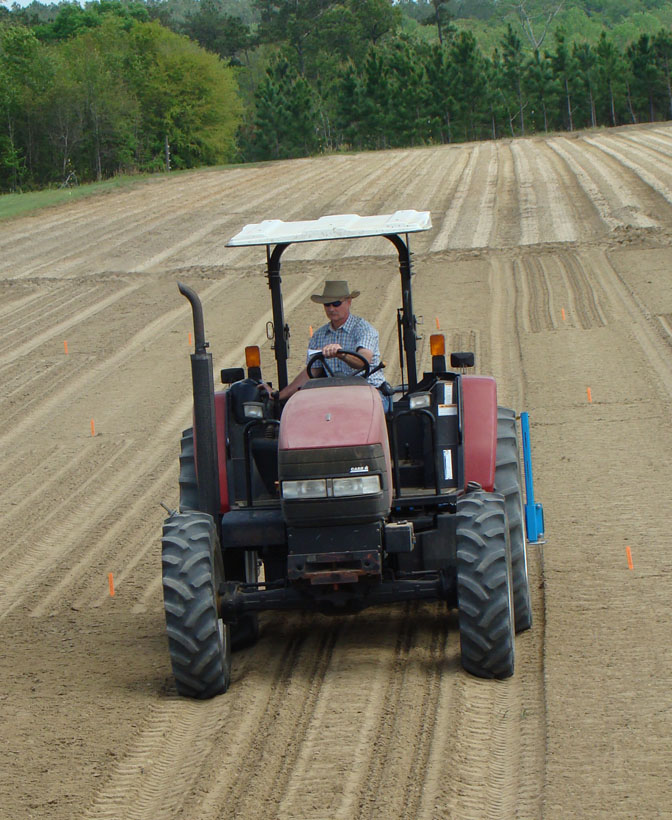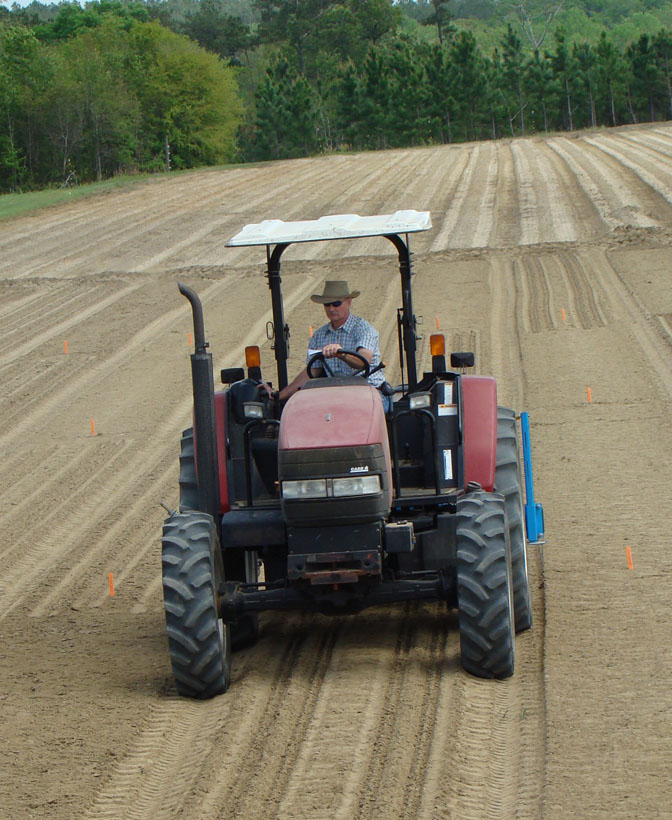Georgia’s cotton and peanut farmers are not expected to plant seeds for another two months, but they should be tending to maintenance issues now, according to Scott Monfort, University of Georgia Cooperative Extension peanut agronomist.
“Farmers want to go ahead and take care of any maintenance issues now. Once planting season starts, they don’t want to be taken out of the field because of an equipment problem that could have been fixed today,” Monfort, who is based in Tifton, Georgia, said. “The hardest part of any season is making that first day happen. Once growers get all the bugs worked out, then they can move forward.”
UGA Extension cotton agronomist Jared Whitaker acknowledges cotton planting has grown increasingly complicated in recent years. Beyond simply planting seed, growers conduct as many as five operations in one pass. The process could include a strip tillage operation, placing seed in the furrow, applying fertilizer prior to planting, spraying in-furrow insecticides and fungicides, and applying herbicides behind the press wheel.
The complexity of cotton planting makes for all the more reason to look over equipment in advance and fix any kinks.
“I would advise farmers to spend time with these units, make sure everything is good to go and think about improvements needed to speed things up when planting time comes. That way, when we’re in the heat of the battle, there’s one less potential delay to be concerned with,” Whitaker said.
Unpredictable weather patterns could occur in midspring due to El Nino, which brings warmer and wetter temperatures than average. If El Nino hits in April, the month when most cotton and peanut planting is done, farmers are going to want to take advantage of all the clear, sunny days they can get. Getting sidelined in April to repair equipment could be detrimental to the grower’s bottom line.
“It’s the little things that could make the biggest difference, especially when talking about the maintenance of a planter. That could be making sure there’s no buildup behind the plates of a planter to making sure your insecticide is flowing correctly and not having a stopped-up tube that may cause problems,” Monfort said.
This year has already provided soggy days for south Georgia farmers. From Jan. 1 to Feb. 10, the UGA Tifton Campus experienced 16 rainy days and accumulated 6.12 inches of rain, according to UGA’s Georgia Automated Environmental Monitoring Network. During that same time, 7.26 inches of rain were recorded at the Sunbelt Ag Expo field in Moultrie, Georgia, and 6.88 inches were recorded at UGA’s C.M. Stripling Irrigation Research Park in Camilla, Georgia.
“Right now, with us having rain pretty regularly, growers do have the opportunity to look at all of their tillage and planting equipment and to do the necessary maintenance, so when they do start planting, they’re not plagued by down time. Most growers are taking care of any maintenance issues right now anyway — it’s not a big issue,” Monfort said. “But it is always a great to remind (growers at this time).”
For more information about cotton, see ugacotton.com. For more information about peanuts, see caes.uga.edu.




